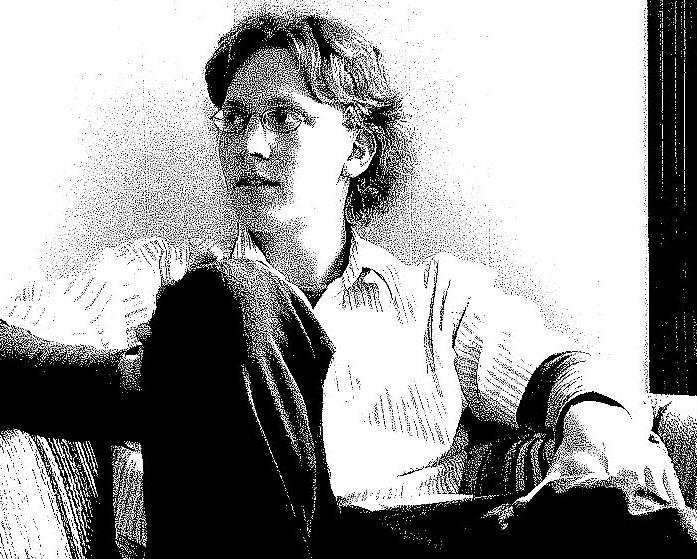I am now getting ready to leave
Moldova.
I have complained about it for nearly 2 years, and now, at the end, the things I’ve come to like are surfacing like sunken glaciers.
A typical life consists of 95 percent little things, and 5 percent big things.
I thought I was complaining about a lot of little things in conjunction with the big over the last 2 years, but I wasn’t – they were just big things after all.
Little things tend to be so little they don’t even enter our conscious mind.
I guess that’s why when you make a big change in your life, you have certain somewhat unexplainable feelings which are your body’s reaction to the 95 percent of little things shifting suddenly, as if dumped all the marbles out of a chinese checkers board.
The thing about dumping out all your marbles is you start to get the feeling you have, in fact, lost them. Big things and little things get mixed up, as does cause and effect, means and ends, possibilities and opportunities. In putting my marbles back, I seem to want to use the last picture I had of them while in place – the picture from Moldova. I want all the little things from Moldova, because they are me as I know myself now. So in constructing my future, I am drawn to Moldova like a magnet. Yet being a self-aware person (even without marbles) I know that my future self will readjust and Moldova will wash slowly out of my list of internalized preferences as new little things build me up from new. This is natural, and understood by everyone, without any unnecessary chinese checkers metaphors.
However – we tend to forget something. We could decide to keep our marbles as they were – that is, I could decide to keep my Moldovan marbles. Our self-awareness gives us the realization that we can reorganize them, but it does not force that action upon us. We feel forced, but it is in fact a decision. Sometimes we plan so long for something we forget that we are living a life in which we decide, and we act, under the sole jurisdiction of our minds – not other peoples’ minds or preferences, and not even something created by our minds, like a plan or an idea. Every day we can completely change our lives, regardless of whether we actually do so.
Perhaps just realizing this is good enough. Changing the plan is risky, with uncertain outcomes, long odds, and probably lots of unhappy endings. Or so the thinking goes… so few people ever try it out, it’s hard to really know.
